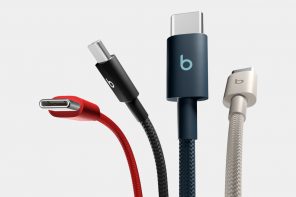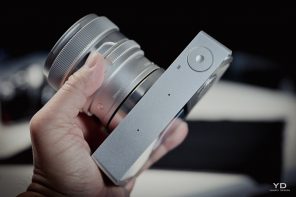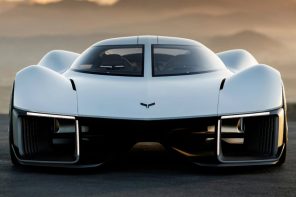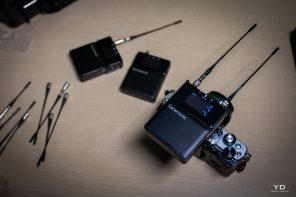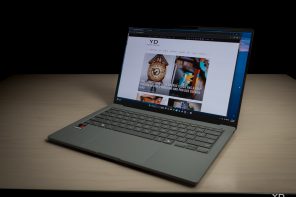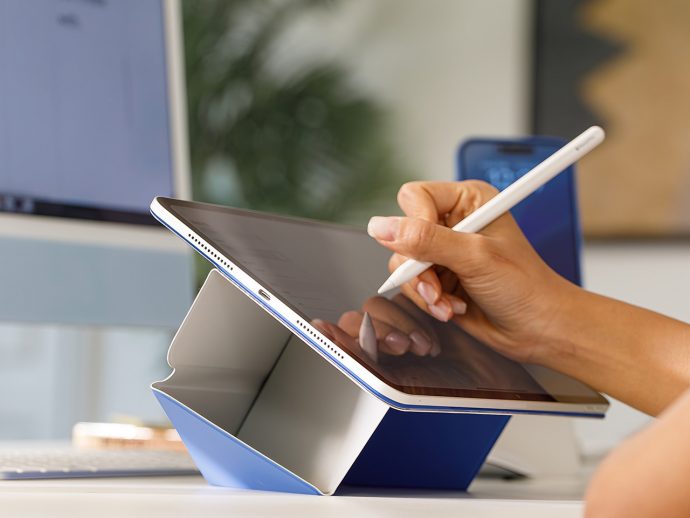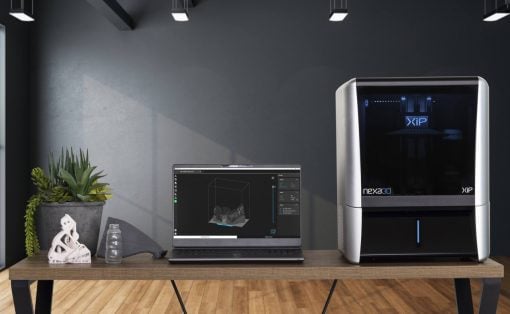I’d really hate to be Mark Zuckerberg right now. In October 2021 he pivoted to the metaverse, only to pivot to AI in November 2022… and in the brief amount of time he turned his back on the Metaverse, Apple completely stole whatever lead he had in the space by announcing a product so revolutionary, it’s probably going to crush his entire hardware ambitions.
Right at the end of their WWDC keynote, Apple announced the Vision Pro, an entirely new revolutionary product category helmed by a Mixed Reality headset that champions what they call “spatial computing” – an upgrade from the personal computing abilities of the laptop and smartphone. The brilliance of this is that it singlehandedly has the potential to redefine and reinvigorate the metaverse. The tragedy is that it also simultaneously kills all of Apple’s other businesses. The Vision Pro’s technical genius deserves an entire article on its own, but for now let’s just focus on exactly how magical this new product is, and what it means for Apple as a hardware company.
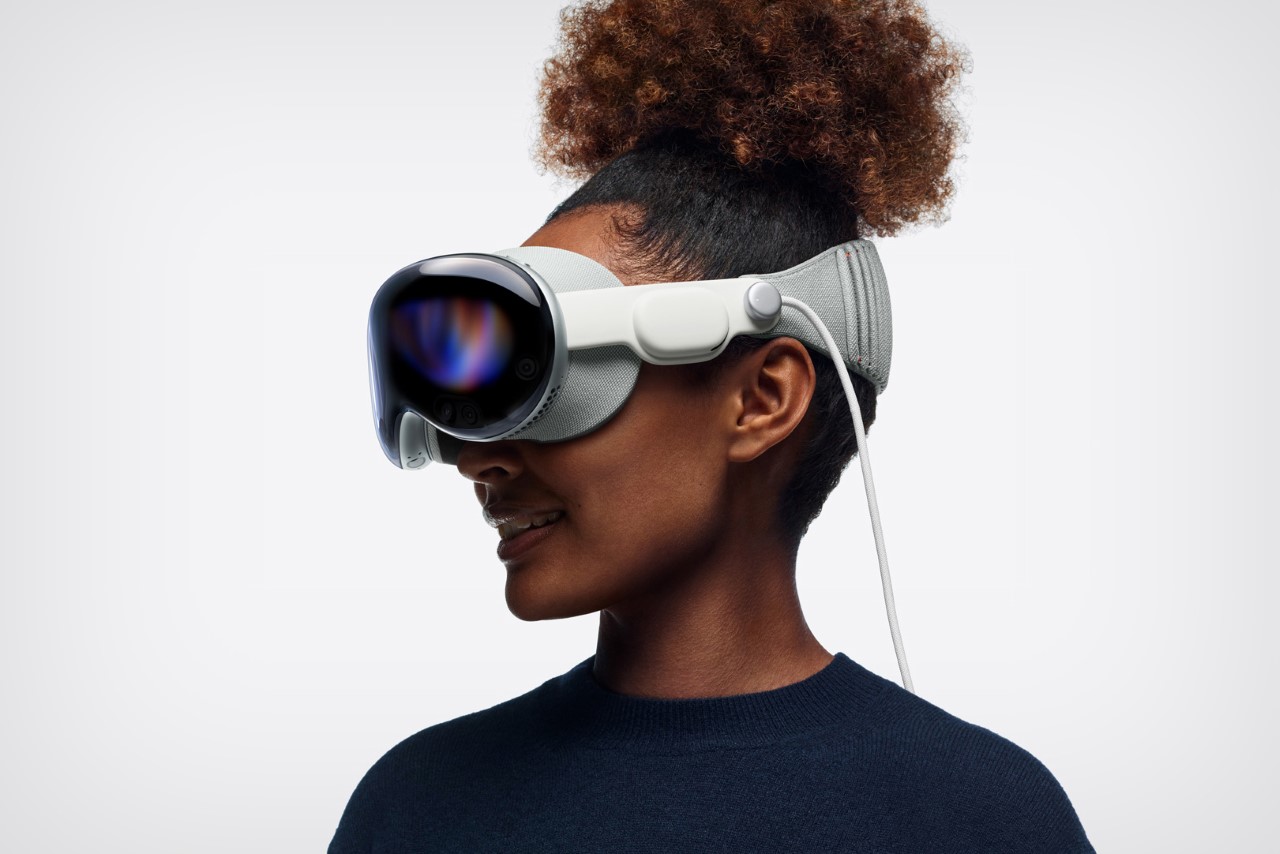
One More Thing…
As the curtains drew to a close on WWDC, you could see a twinkle in Tim Cook’s eyes as he uttered the same words that Steve Jobs had famously spoken when he unveiled the iPhone – a product that revolutionized the tech industry. Sixteen years later, Cook’s repetition of those words hinted at a new innovation that promises to shake up the industry once again. The Vision Pro is an MR headset that brings an entirely new category to Apple’s product offering. In short, it has two Apple Silicon chipsets (including the new M2 chip), dozens of cameras and sensors, an iris recognition system that scans your eye for biometrics, directional audio units in the strap, two postage-stamp-sized 4K screens on the inside for immersive viewing, and a curved OLED display with a lenticular layer that lets other people see your eyes while you’re wearing the headset. That’s just the short version.
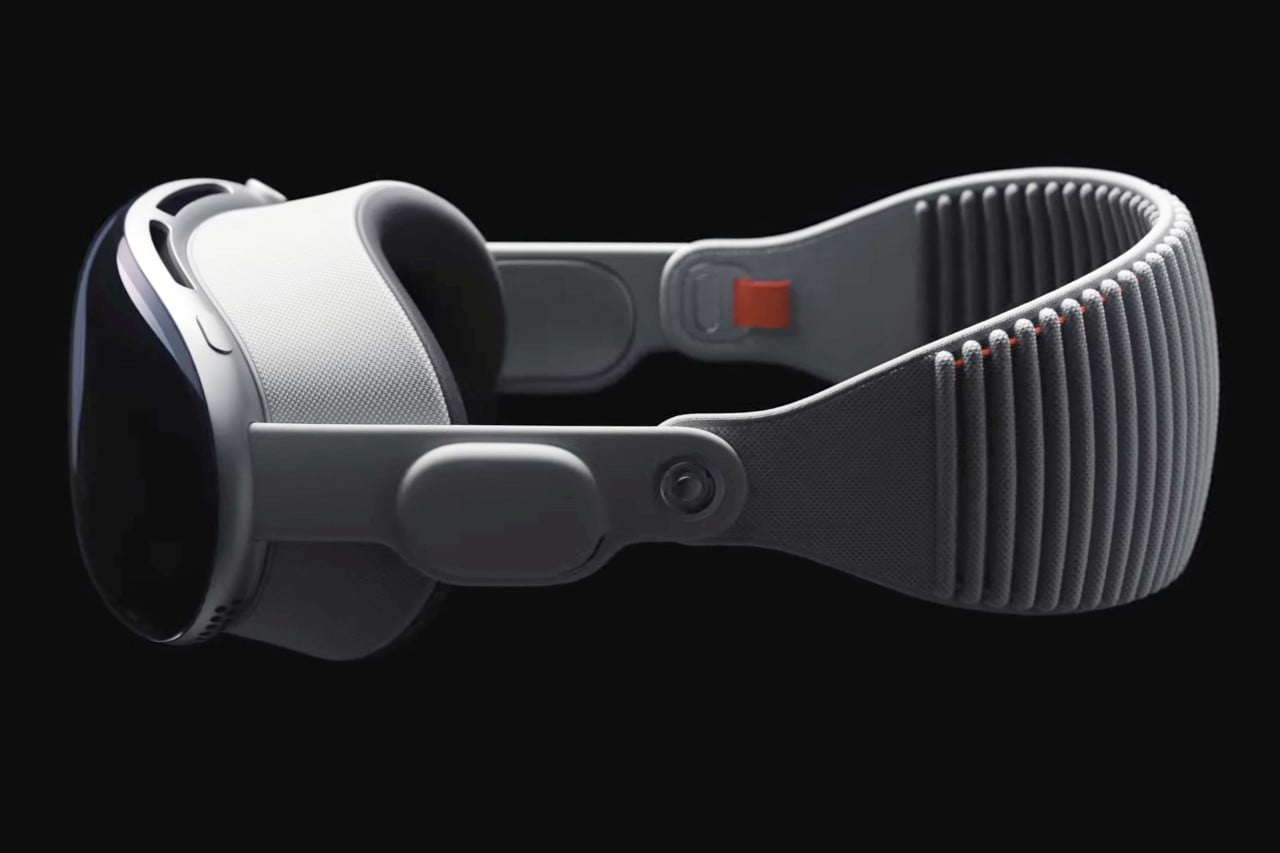
Apple’s Greatest Device Yet
The Vision Pro turns your world into a computing device. You can work, play, watch movies, view 3D content, facetime with friends/family, and access every app on the App Store through it. There’s quite literally nothing you cannot do on the Vision Pro, which makes it such an incredible device. In fact, just announcing it and its features took up nearly an hour of the WWDC live stream, highlighting exactly how important it is to Apple’s future. In Tim Cook’s version of the future, the Vision Pro replaces computing devices entirely. You don’t need laptops, phones, watches, or even VR controllers to interact with the digital world. The Vision Pro handles your laptop or desktop’s abilities, allowing you to make presentations, write emails, edit files, and do practically anything on a massive virtual canvas. Similarly, you don’t need a phone or tablet when all your phone/tablet apps are available on the Vision Pro. When you’re relaxing, the Vision Pro gives you a massive screen to watch movies and TV shows, or even view 3D content or panoramic images immersively.

How the Vision Pro Redefines Computing
The Vision Pro’s interface isn’t really an interface anymore… It’s your entire world (or as Apple calls it, VisionOS). Everything you see is a canvas for a rectangular window. You can simultaneously have your work screen, a Pinterest board, and Ted Lasso existing within your visual periphery. Each element occupies 3D real estate in your vision, and isn’t bound by a screen. You can select, layer, resize, or move elements of your world simply by using your hands, eliminating the need for a controller. You can choose to see the world around you, or immerse yourself in a digital realm with a simple turn of a knob (or a crown), while still being connected to the world around you.
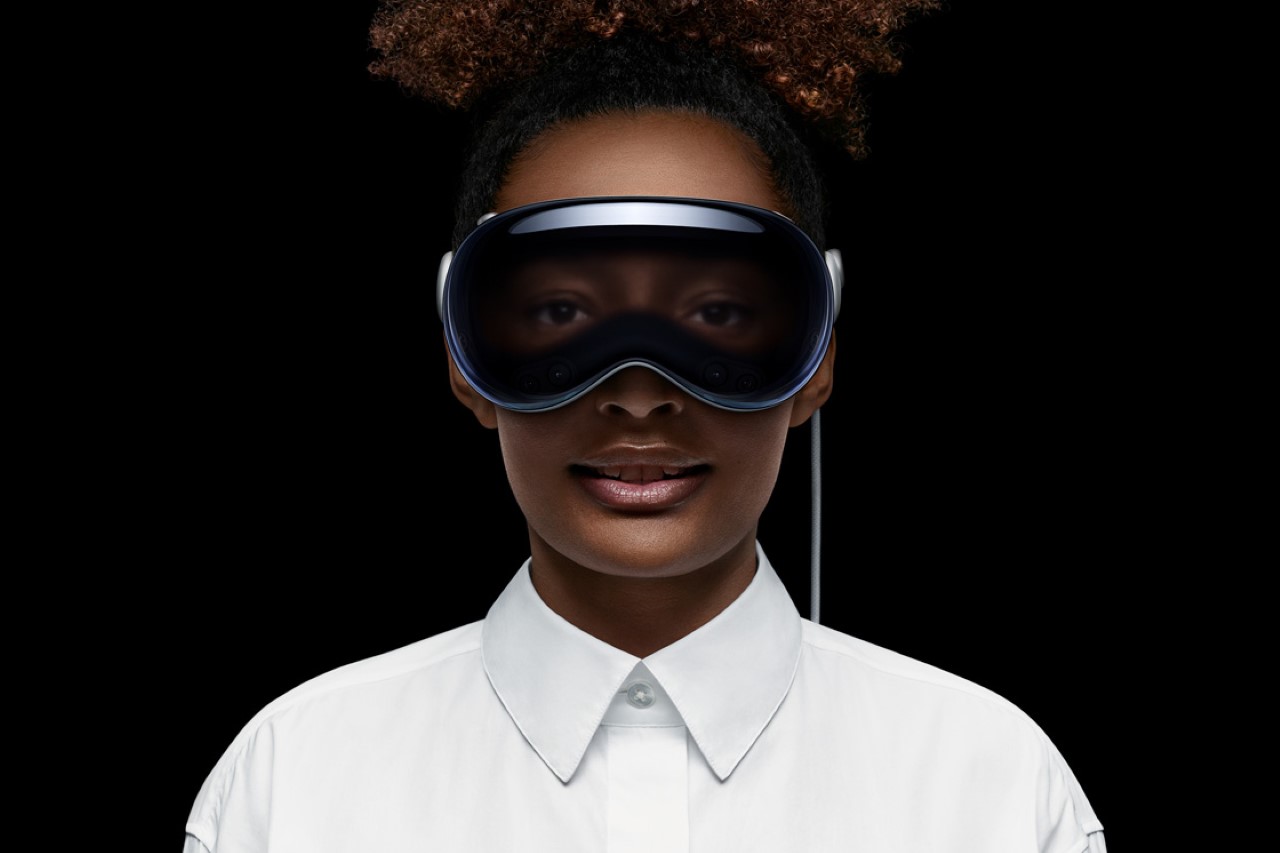
How the Vision Pro Redefines Interaction
A screen on the front of the Vision Pro acts as your digital eyes (or what Apple calls EyeSight), so that when people are talking to you, they see your eyes. If you’re immersed in content, your eyes aren’t made visible on the screen, so they know not to disturb you – it’s a lot like how people know you’re not engaging with them if you’re not making eye contact. However, if they need to grab your attention while you’re in an immersive experience (like a movie), they can merely step close to you, and EyeSight kicks in. They suddenly become visible to you within your headset, and your eyes become visible to them. It’s an impressive handshake of multiple different technologies that resulted in Apple filing as many as 5000 patents for the Vision Pro device.
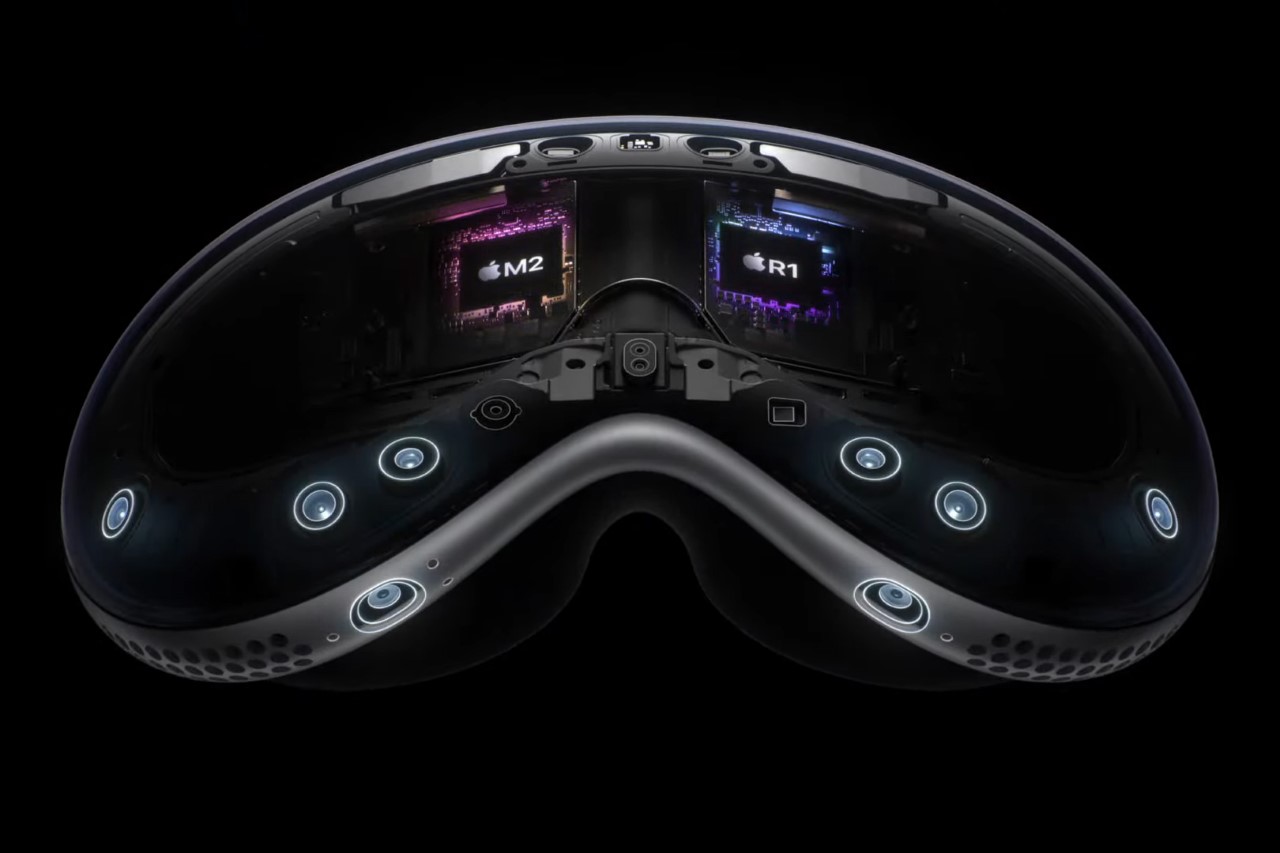
Meta is Royally Screwed
As impressive as Zuckerberg’s Meta Quest Pro is, it really doesn’t even hold a candle to Apple’s Vision Pro. The Apple Vision Pro is an incredibly meticulously designed product that runs on not one but TWO chipsets – an M2 chip and a new R1 chip that just handles how digital elements react with your physical world. It’s got two 4K screens on the inside with as many as 23 million pixels crammed into an area the size of a postage stamp – that’s the equivalent of 64 pixels in the space occupied by 1 pixel on the iPhone screen. The outside of the device has a screen too (a lenticular 3D one, no less), that projects your eyes so that people can make eye contact with you while you have the headset on. As far as sensors go, the Vision Pro has one LiDAR scanner, two TrueDepth cameras, two main cameras, four downward cameras, two side cameras, and two IR illuminators… just on the outside. The inside has four IR cameras and multiple invisible LED illuminators that track your eyes, letting you use them as a cursor. Your hands become the controls, allowing you to tap, pinch, and manipulate elements that your eyes look at. This entire interaction is just so complicated and nuanced, you don’t need a remote or VR controllers. Oh, did I mention, the Vision Pro uses OpticID, a new authentication system that scans your eyes, making it much more secure than TouchID and FaceID? Even Meta’s highest-end device (which is roughly 1/3rd the price of the Vision Pro) doesn’t have anywhere near as much impressive tech as the Vision Pro… and if I were Zuckerberg, I’d honestly be crying in a corner right now because in Meta’s own metaverse… they’re in second place.
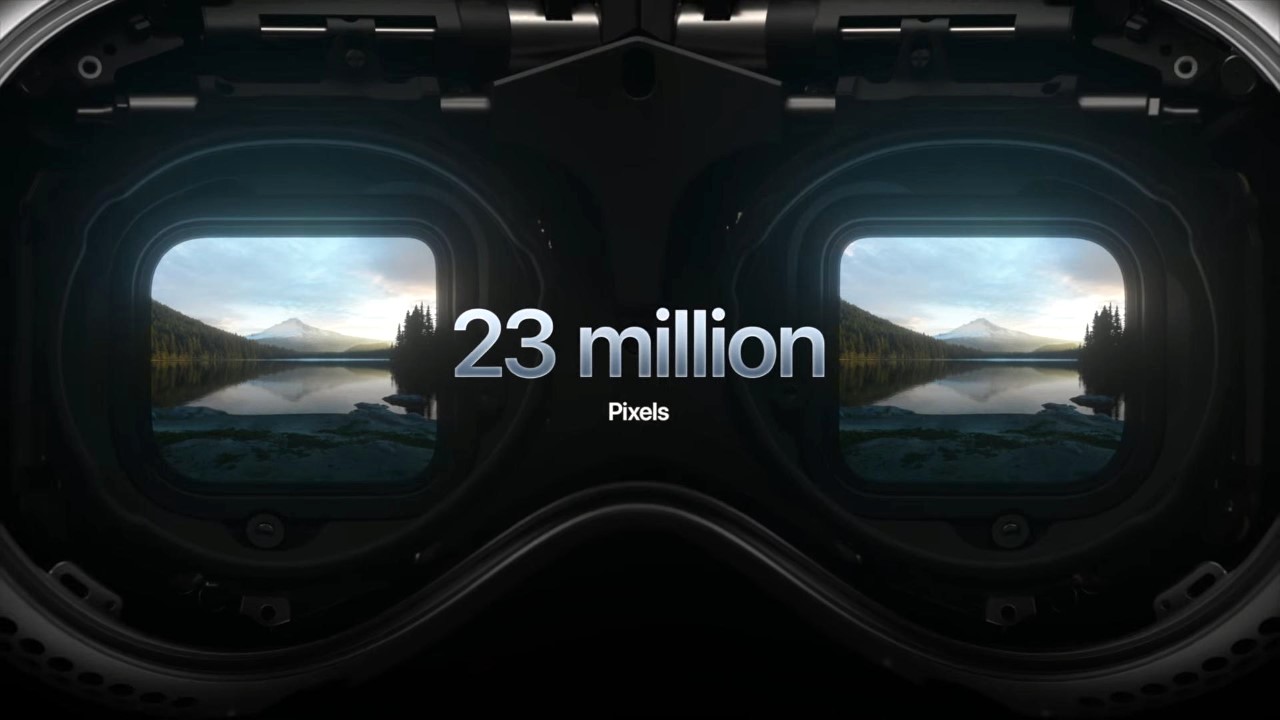
An alliance with Disney
Strangely enough, the one person that shared the stage with Tim Cook was Disney CEO Bob Iger, who promised some great new partnerships between the world’s biggest tech company, and the world’s biggest entertainment company. Disney’s entertainment offerings are now going to be front and center in Apple’s Vision Pro, with a tight partnership between the two giants to make entertainment more immersive. This announcement also falls in line with Disney’s 100-year anniversary, going to show exactly how much Disney has to offer to its fans through the Vision Pro. Strangely enough, this core focus on entertainment excludes one major platform – social media. The Vision Pro doesn’t really do much to enhance how people interact with apps like Instagram, Facebook, or TikTok, which feels like a two-punch melee to Meta and Zuckerberg even more…
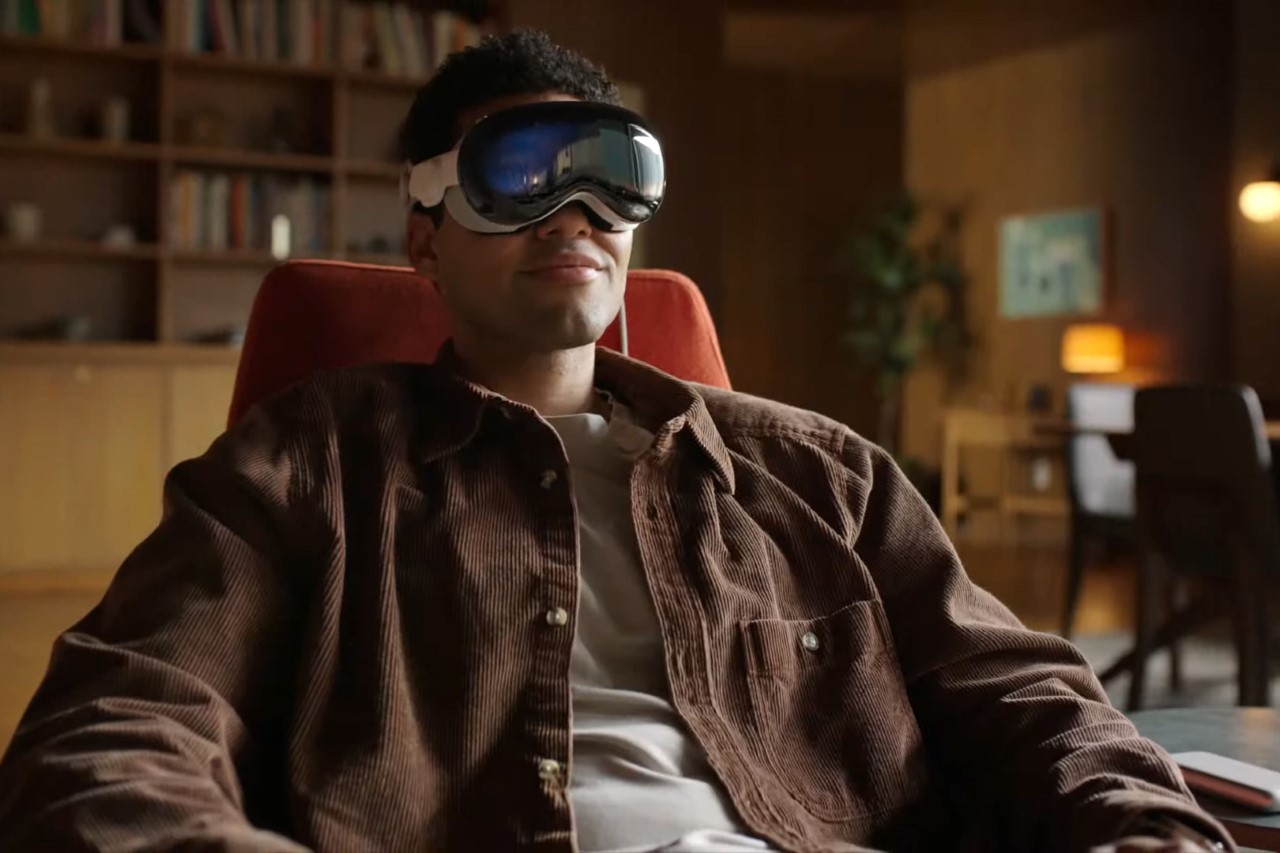
Apple may have shot itself in the foot too
Aside from its whopping $3499 price, the Vision Pro does something absolutely unique, in that it replaces every single other Apple device. When you’re strapped into the headset, you’re pretty much never going to look at an iPhone, MacBook, Apple Watch, iMac, or TV. Heck, you’re not even going to wear AirPods… and needless to say, that’s bad for Apple. The Vision Pro is such a strangely isolating experience that it stops you from using Apple’s other hardware devices… and that’s absolutely new. You can use your iPhone simultaneously with a MacBook, AirPods, Apple Watch, etc… but when you’re wearing the Vision Pro, every single other Apple device becomes unnecessary. Spatial computing is great for the Vision Pro, but it’s terrible for all of Apple’s other devices… and this poses an incredibly interesting threat to Apple’s hardware endeavors. Sure, if the Vision Pro takes off, Meta is in deep, irredeemable trouble because there’s no reason someone who wants a Vision Pro would settle for a Quest 2 or 3. However, it’ll also be interesting to see if people who buy the Vision Pro ever buy a single other Apple computer like a MacBook, iPad, or Apple TV unit.
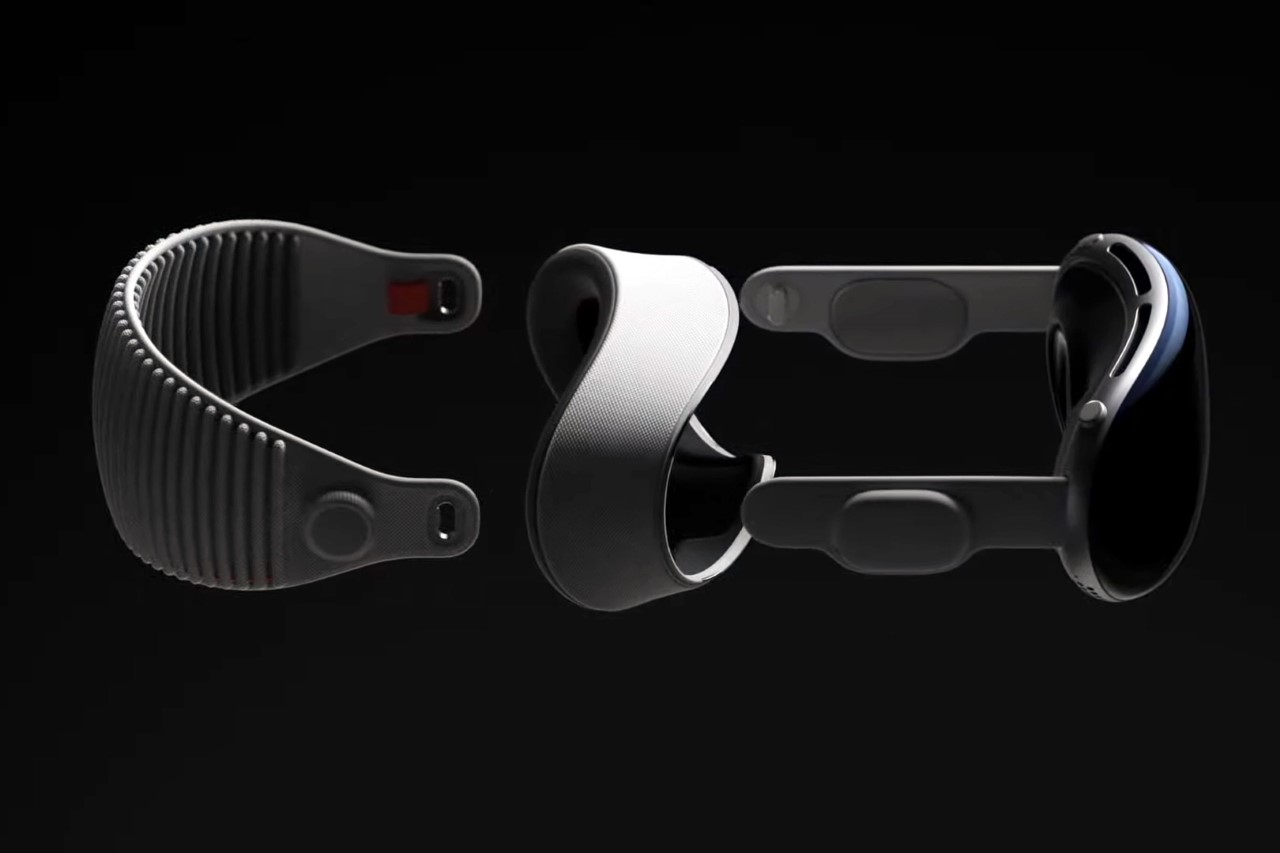
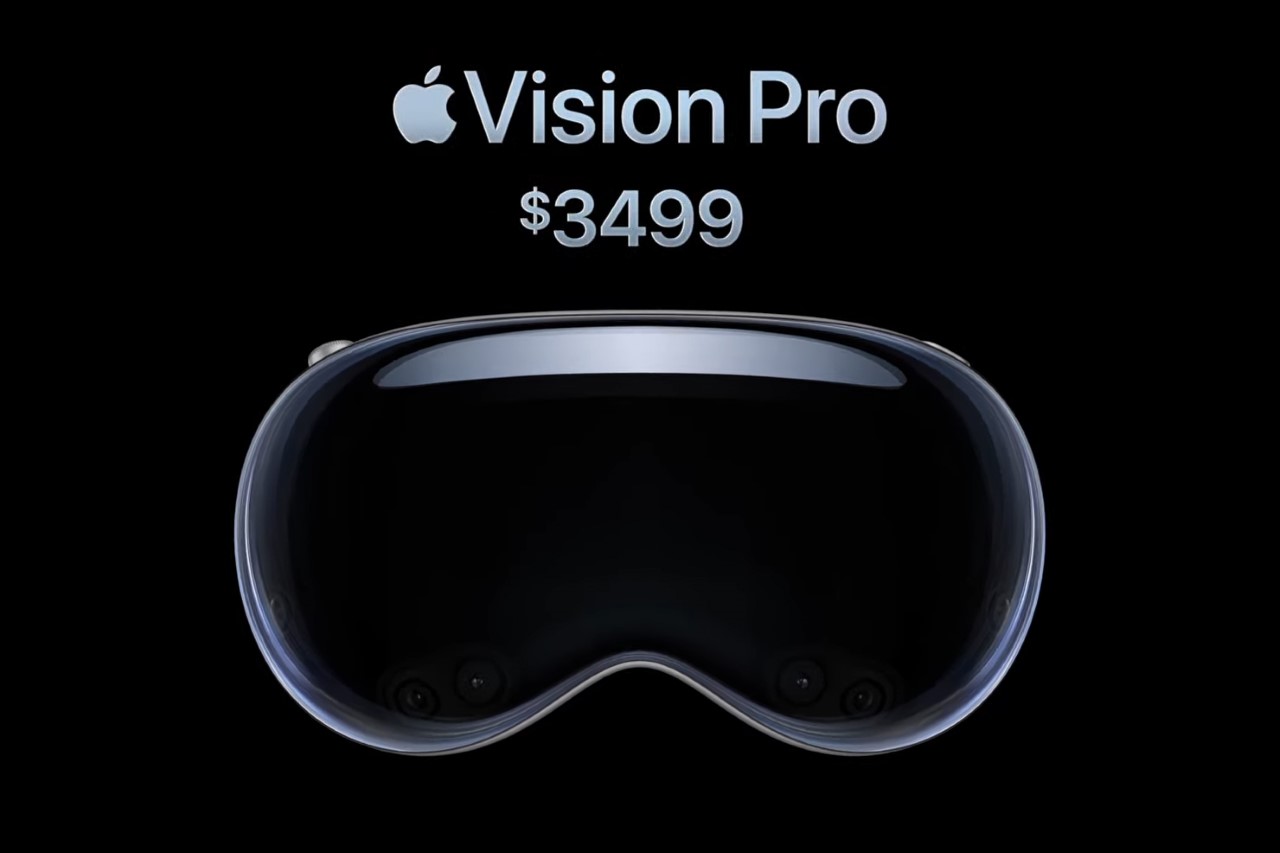
Also Read: 5 Reasons Why The Apple Vision Pro could fail despite its high popularity
